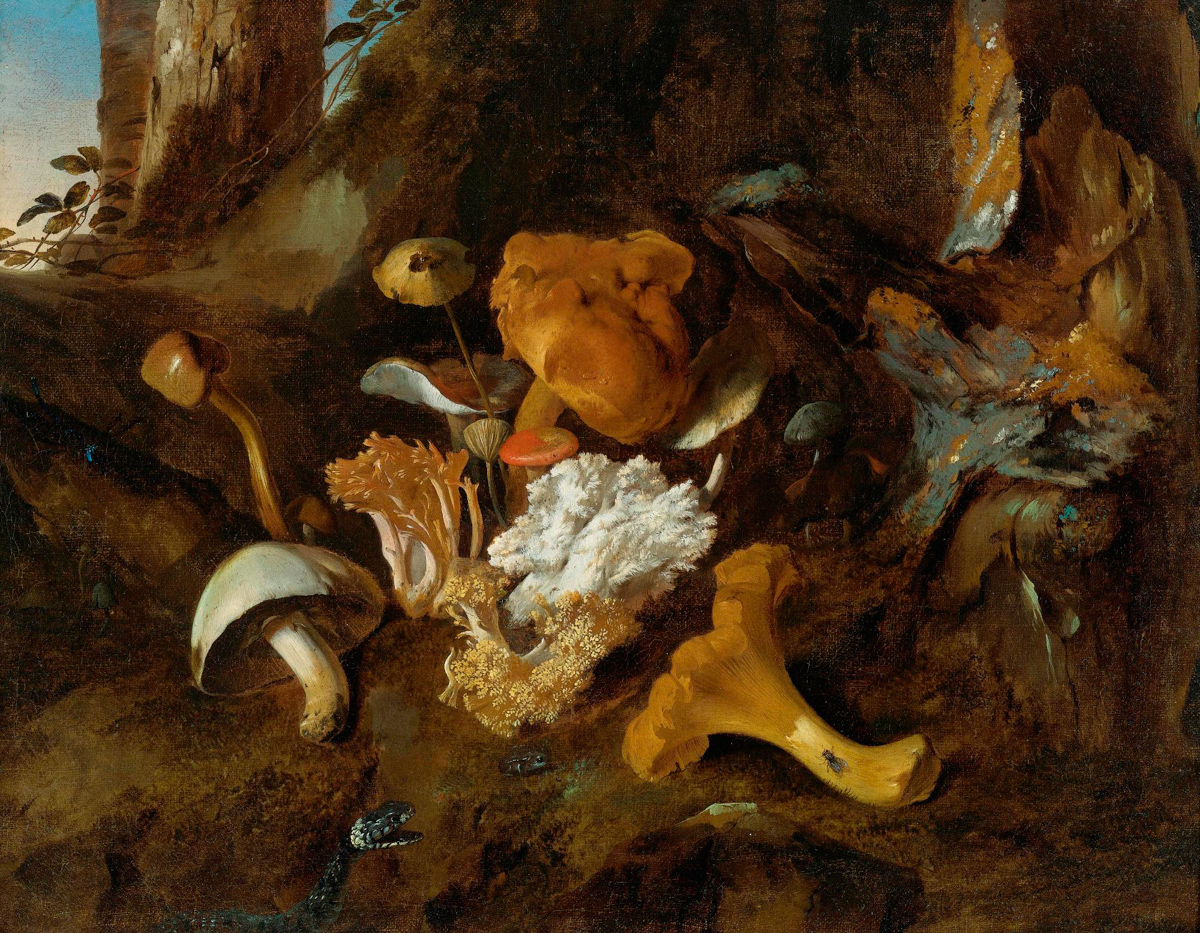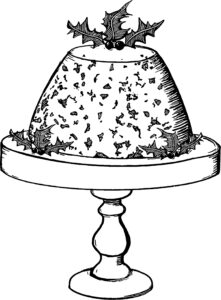At the Crossroads
The Amazing Mushroom

An Interview with Mr. David Wells of Henosis
In a small strip mall next to the local hardware and feed store sits an unassuming lab that deals in culinary alchemy. Sawdust, spent soybean husks, and unused cotton hulls – the refuse of other industries – are sterilized, inoculated, and then left to decompose. This is where biology borders alchemy. The decaying mass acts as a substrate for the fungus that is carefully introduced to it. It germinates, multiplies and propagates through a network of fungal fibers known as mycelium. Under the watchful eye of its caretaker, and in a carefully controlled environment, bags of substrate soon teem with new life. Mushrooms begin to grow, pushing through the bags in clusters of flavorful fungi. These mushrooms go from lab to table in a matter of weeks and are served at some of Nashville’s finest restaurants. One industry’s waste becomes another’s treasure.
Like conventional farming, growing mushrooms takes skill, patience, supplies, equipment, and more patience. It also helps if you have a passion for not just the product but the process. On a brisk morning after a week of historic snowfall, we met a man with such a passion, David Wells, in his lab at Henosis, for a conversation about growing mushrooms, building a business, and whether mushrooms might (help) save the world.
H&F: What got you into mushrooms?
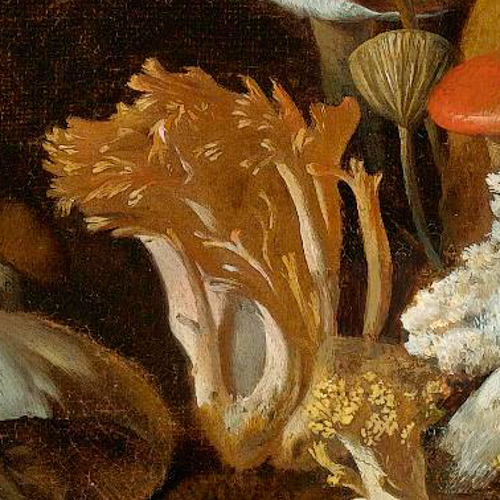 Mr. Wells: I was at a farming conference and was inspired by Tradd Cotter, author of Organic Mushroom Farming and Mycoremediation, and thought that maybe farming mushrooms would provide a way to enter into the market quicker than growing the traditional fruits and vegetables. Shortly after, I watched Paul Stamets’ TED talk on Six Ways Mushrooms Can Save the World and I was set. I bought a small trailer, built an incubation and fruiting chamber, and started growing mushrooms. Not the typical button mushrooms of our childhood, but incredible-tasting gourmet mushrooms.
Mr. Wells: I was at a farming conference and was inspired by Tradd Cotter, author of Organic Mushroom Farming and Mycoremediation, and thought that maybe farming mushrooms would provide a way to enter into the market quicker than growing the traditional fruits and vegetables. Shortly after, I watched Paul Stamets’ TED talk on Six Ways Mushrooms Can Save the World and I was set. I bought a small trailer, built an incubation and fruiting chamber, and started growing mushrooms. Not the typical button mushrooms of our childhood, but incredible-tasting gourmet mushrooms.
H&F: Was it that easy?
Mr. Wells: No. In some ways, I started before the boom. I didn’t have the right equipment and had to source everything and build it from scratch. There was no established supply chain, so the basic ingredients for a growing medium were hard to get. There are ten steps to acquire the raw materials, grow the mushrooms, and get them to market. All the steps need to work together, and each step requires lots of attention. I had to learn to grow amazing mushrooms, but also how to do so sustainably, consistently, and to bring them to market.
H&F: Why did you stick with it?
Mr. Wells: I am a farmer and the son of an environmentalist. Mushrooms are at the crossroads of good stewardship. Mushrooms can provide this incredible economic model that provides remediation for the soil, and produces nutritious food for the buyer and profit for the grower without needing the conventional models of exhausting the land. Imagine that mushrooms have up to half the protein of meat and none of the fat. They grow on waste products of other industries and when they are done growing they’ve converted that dirt into usable compost for gardens and farms.
H&F: What are the most important lessons you’ve learned from farming mushrooms?
Mr. Wells: In short, I didn’t fail fast enough. If I fell on my face sooner, I would have gotten the help I needed sooner. My goal was to grow gourmet and medicinal mushrooms from lab to table.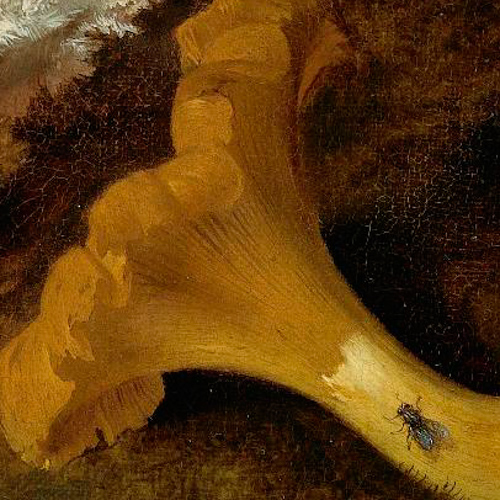 But owning that entire process is a steep learning curve. I tell others don’t try to vertically integrate too soon. Rather work backward. Better to focus on a few of the steps towards the end of the process, like bringing wholesale mushrooms to market to test the marketability and to learn what sells and the networks in which to sell it. Going low-tech and building slowly allows you to learn as you go. To grow mushrooms well you need consistent processes, and that takes lots of practice. In some ways, the farming part is hard, and the selling part is easy. Learning the selling part ensures that you have a market for all the hard work you invest.
But owning that entire process is a steep learning curve. I tell others don’t try to vertically integrate too soon. Rather work backward. Better to focus on a few of the steps towards the end of the process, like bringing wholesale mushrooms to market to test the marketability and to learn what sells and the networks in which to sell it. Going low-tech and building slowly allows you to learn as you go. To grow mushrooms well you need consistent processes, and that takes lots of practice. In some ways, the farming part is hard, and the selling part is easy. Learning the selling part ensures that you have a market for all the hard work you invest.
H&F: What is your advice for others seeking to grow and sell their own food?
Mr. Wells: For any starting farmer, I would say to know yourself and your limits. You really need a passion for every part of the process, and if you don’t have a passion for some part, find someone who does. For Henosis, there is the mushroom production side and the business side, and they have to work in concert, which takes a team. I love the interaction, the selling, the educating, and advocating for mushrooms. Going to a chef and introducing them to an ingredient they haven’t previously used is something I really enjoy. The production side is great, but there are others that I can teach how to do that well, and who bring other knowledge and skills to the table.
For any starting farmer, I would say to know yourself and your limits. You really need a passion for every part of the process, and if you don’t have a passion for some part, find someone who does.
You also have to build in a lot of redundancy in your supply chain and production to prevent small problems from stopping production altogether. You also have to have clear standards for operating so that you can consistently produce excellent products.
H&F: What is your focus now? What do you hope for Henosis in the future?
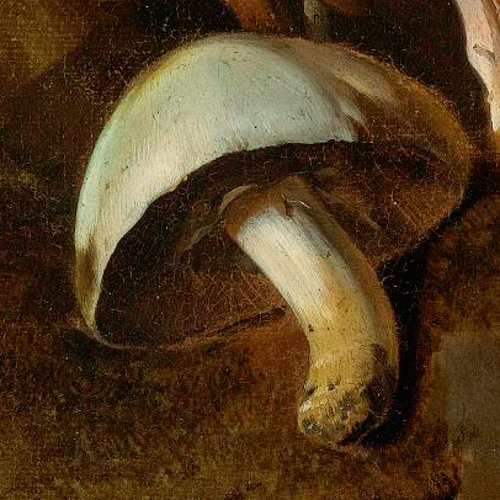 Mr. Wells: Now, we are getting more products to market and scaling up. Our mushrooms are in grocery stores, farmer markets, and we have a local mushroom CSA. We are growing some incredible mushrooms that are new to Henosis, like King Oyster and Black Pearl: mushrooms that have flavor and texture that compete with meat and are healthier for the consumer and for the land. We are also shipping mushroom grow kits nationally, helping others grow and enjoy their own mushrooms. Above all we are building a network that efficiently takes local by-products and makes them into organic mushrooms which are good for people and the planet. I would love to grow Henosis into a B-Corp that exists to serve the community through growing mushrooms and sustaining the local forest and farmland.
Mr. Wells: Now, we are getting more products to market and scaling up. Our mushrooms are in grocery stores, farmer markets, and we have a local mushroom CSA. We are growing some incredible mushrooms that are new to Henosis, like King Oyster and Black Pearl: mushrooms that have flavor and texture that compete with meat and are healthier for the consumer and for the land. We are also shipping mushroom grow kits nationally, helping others grow and enjoy their own mushrooms. Above all we are building a network that efficiently takes local by-products and makes them into organic mushrooms which are good for people and the planet. I would love to grow Henosis into a B-Corp that exists to serve the community through growing mushrooms and sustaining the local forest and farmland.
H&F: Last question. Can mushrooms save the world?
Mr. Wells: Imagine if growing mushrooms creates new models of agriculture and agroforestry that can [feed thousands while building rather than depleting soil]. If growing mushrooms creates economic models that incentivize good stewardship and upcycling and re-use of the by-products of other industries, helping them be more efficient and sustainable in the process. In the future, mushrooms might not save the world, but I know they can help save the place I live.
